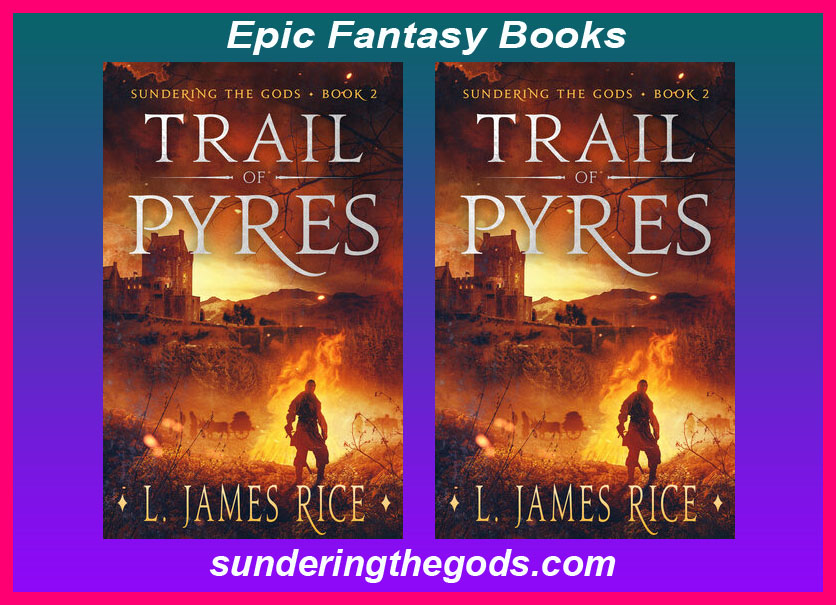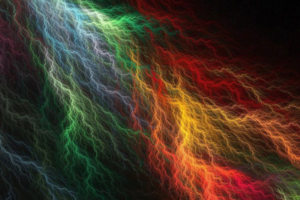Literary fiction provides a much-needed escape for many readers, allowing them to cope with the stresses of everyday life. Even though the characters occupy a recognizable world and relate to the human condition, science fiction & fantasy book may transport readers away from their own minds.
This impact is amplified in the fantasy genre. Fantasy authors explore topics by building their own worlds, where dragons battle in the skies, extraterrestrial diplomats attempt to keep the peace between planets, and unusual species cohabitate Earth with humans, unattached from scientific and societal rules and constrained only by their imaginations.
What is the meaning of a fantasy genre book?
Fantasy is a literary genre that includes magical and supernatural aspects which do not exist in real life. Even though some authors combine real-world and fanciful aspects, many others build fully hypothetical planets with their own physical rules and logic, as well as populations of imagined races and animals. Fantasy is speculative in nature and has no connection to reality or scientific truth. So, if you are willing to read the most lovable & exciting range of science fiction & fantasy book,then buy epic fantasy books online & enjoy them.
Types of fantasy & their subgenres:
Fantasy contains a broad and ever-expanding range of subgenres, most of which writers blend in their works. There are several important subgenres of fantasy:
• Epic or adventure fantasy:
Based in a magical land that has its own rules and physical laws, the narratives and themes in this subgenre are on a vast scale and often revolve around a unique, well-developed heroine or a group of warriors.
• Lower fantasy:
Set in the real world, low fantasy incorporates unexpected magical aspects that surprise characters.
• Realistic magic:
While similar to low fantasy, characters in magical realism accept fantastical elements.
• Sorcery and swordplay:
It’s a subgenre of high fantasy that emphasizes sword-wielding heroes.
• Dark fantasy:
The goal of dark fantasy, which combines aspects of fantasy and horror, is to shock and unnerve readers.
• Fairy stories:
These fairy tales and folk tales, intended for children, are typically set in distant magical worlds where trolls, dragons, witches, and other supernatural characters are accepted truths.
• Fiction based on superheroes:
Unlike in stories where a hero gains special abilities through scientific means. Fantastical aspects have always been a component of the narrative, as proven by the gods, terrible monsters, and magic that can be found in ancient myths, folklore, and religious literature all across the world. Fantasy as a literary genre is much more modern, and it varies from its forefathers in that its authors are well-known, and both they and their viewers recognize the works as imaginary.
Following a time of chivalry European romances and tales with fantastical elements that were yet regarded fairly plausible, modern fantasy emerged in the nineteenth century.
Conclusion:
Of course, many of these topics may also be found in other literary genres. What distinguishes fantasy from other genres is its disconnection from reality. Stories may address the real human situation, but they do so via magical aspects such as magic.












